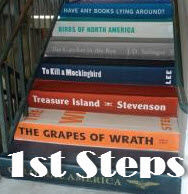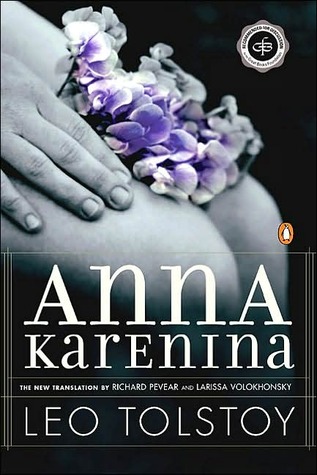 Title: A Young Doctor's Notebook (Goodreads)
Title: A Young Doctor's Notebook (Goodreads)
Author: Mikhail Bulgakov
Translator: Hugh Aplin
Published: Alma Classics, 1926
Pages: 155
Genres: Short Stories
My Copy: Paperback
Buy: Amazon, Book Depository (or visit your local Indie bookstore)
A Young Doctor’s Notebook (also known as A Country Doctor’s Notebook) is a semi-autobiographical collection of short stories published early in Mikhail Bulgakov writing life in Russian medical journals. Bulgakov was educated at the Medical Faculty of the Kiev University, though his interest lied in theatre. When World War I broke out, he volunteered with the Red Cross. He was sent directly to the front lines to work as a medical doctor and was badly injured on two separate occasions.
In 1916 Mikhail Bulgakov graduated and was quickly appointed as a provincial physician to the Smolensk province. He found himself performing procedures he had only seen once or twice while at medical school. The seven stories in this collection explore the ignorance or stubbornness of people towards medical treatment, an issue that is still very relevant today. While A Young Doctor’s Notebook was set in the small village doctor in revolutionary Russia, the stories were all written in the 1920s.
Like most editions of A Young Doctor’s Notebook, my copy of the book came with one extra story called ‘Morphine’. This was also published in a medical journal and is much different to the other stories. ‘Morphine’ is yet another semi-autobiographical story that explores Mikhail Bulgakov’s own struggles with a morphine addiction. His injuries in the war lead to chronic stomach pains and the easy access to pain relief quickly lead to a morphine addiction. Bulgakov did end up leaving the medical profession to pursue a career in writing stage plays and was able abandon the use of morphine.
A Young Doctor’s Notebook is a wonderful collection of stories that illustrate Mikhail Bulgakov’s humour and writing style. If you have seen the TV adaptation, you may notice some similarities to the story, blending the seven short stories and his other story ‘morphine’ together to deliver a fabulous dark comedy. I binge watched the show over a weekend and I was not ready for it to end, so I picked up this collection and this quickly started an obsession with the life of Bulgakov.
While Mikhail Bulgakov is mainly known for his book The Master and Margarita (a book I recently re-read), A Young Doctor’s Notebook may be a more accessible book. It allows you to get a taste of Bulgakov’s style and humour with the seven short stories. I read an edition that was translated by Hugh Aplin and he is quickly becoming a favourite of mine and I will be hunting down everything he has translated (he translated mainly Bulgakov and Dostoevsky). Learning more about Mikhail Bulgakov’s life does give me extra enjoyment and context when reading his books. I am slowly reading a collection of his letters and diaries in a book called Manuscripts Don’t Burn, so you may see a lot more about Bulgakov on this blog.

 Title: The American Lover (
Title: The American Lover ( Title: In the First Circle (
Title: In the First Circle ( Title: Little Failure (
Title: Little Failure ( Title: A Constellation of Vital Phenomena (
Title: A Constellation of Vital Phenomena (



 Anna Karenina by Leo Tolstoy
Anna Karenina by Leo Tolstoy Crime and Punishment by Fyodor Dostoyevsky
Crime and Punishment by Fyodor Dostoyevsky Title: Invitation to a Beheading (
Title: Invitation to a Beheading (